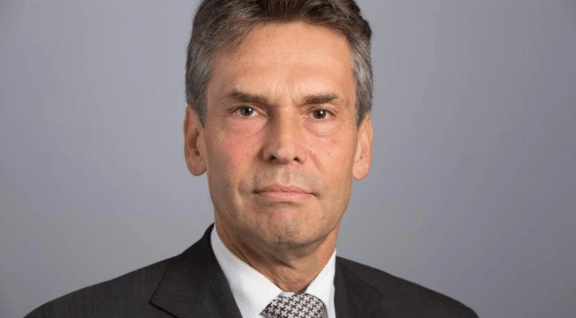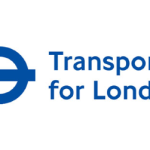Caretaker Prime Minister Dick Schoof has openly warned that a new Dutch government is unlikely to be formed before Christmas. His comments come amid increasingly complex coalition negotiations following the recent national election.
Dutch Coalition Talks May Stretch Into 2026 Holiday Season
According to the national press agency ANP, in a dramatic electoral twist, Rob Jetten’s centrist-liberal D66 party has edged out far-right Party for Freedom (PVV) in the Dutch parliamentary election.
“I think I’ll still be prime minister by Christmas,” Schoof said frankly before a Cabinet meeting on Friday.
He described the post-election political landscape as “quite complicated,” admitting he’d be “surprised” if a governing deal was finalised before the holiday lights go up.
The Dutch public, already weary of unstable politics, now faces the prospect of an extended caretaker government while backroom discussions unfold.
Tight Election Leaves No Clear Majority in Dutch Parliament
Wednesday’s general election saw Rob Jetten’s centrist-liberal D66 and Geert Wilders’ far-right Party for Freedom (PVV) both win 26 seats in the 150-member Dutch parliament.
Though the margin was razor-thin, just 15,000 votes, D66 was declared the winner by the national press agency ANP.
Under Dutch political tradition, the largest party earns the first attempt to build a governing coalition. That places Jetten in pole position to become the new prime minister, but forming a stable bloc looks anything but easy.
Election Results Overview:
- D66 (Centrist-liberal): 26 seats
- PVV (Far-right): 26 seats
- VVD (Conservative-liberal): 22 seats
- GreenLeft-Labour Alliance (GL-PvdA): 20 seats
- CDA (Centre-right): 18 seats
With just 26 seats, D66 would be the smallest “largest party” to ever lead a Dutch government — and building a coalition without GL-PvdA would likely require the cooperation of at least five parties.
Potential Dutch Coalition Faces Pre-Election Roadblocks
Further complicating matters, VVD leader Dilan Yeşilgöz ruled out working with the left-leaning GL-PvdA before votes were even cast narrowing Jetten’s options.
This creates a highly fragmented scenario, and while such arrangements are possible, they often come with instability. Schoof, however, pointed to neighbouring Belgium as an example.
“That’s what they have in Belgium, so it’s possible. The number of parties doesn’t matter, as long as you agree on what you want to do, and then stick together and support each other,” he noted.
Dutch Voters Send Message: Political Infighting Won’t Be Tolerated
The election came just two years after the last, prompted by the collapse of Schoof’s former coalition government, which included PVV, VVD, the New Social Contract (NSC), and the Farmer-Citizen Movement (BBB).
Infighting, especially over asylum policy, brought the partnership to an abrupt end.
The result? Voter backlash was swift.
- NSC, once a major political player with 20 seats, failed to win a single one this time around.
- PVV, led by Wilders, also saw a sharp decline, losing 11 seats.
- Other coalition members similarly saw diminished support.
“I think people are unhappy with what’s been delivered, and about the fact that the Cabinet hasn’t managed to see things through,” Schoof conceded.
With the festive season approaching and political uncertainty lingering, Dutch voters may end the year with twinkling lights but no new leadership.
The Netherlands, it seems, may have to wait until well after the New Year to see a government unwrapped.






